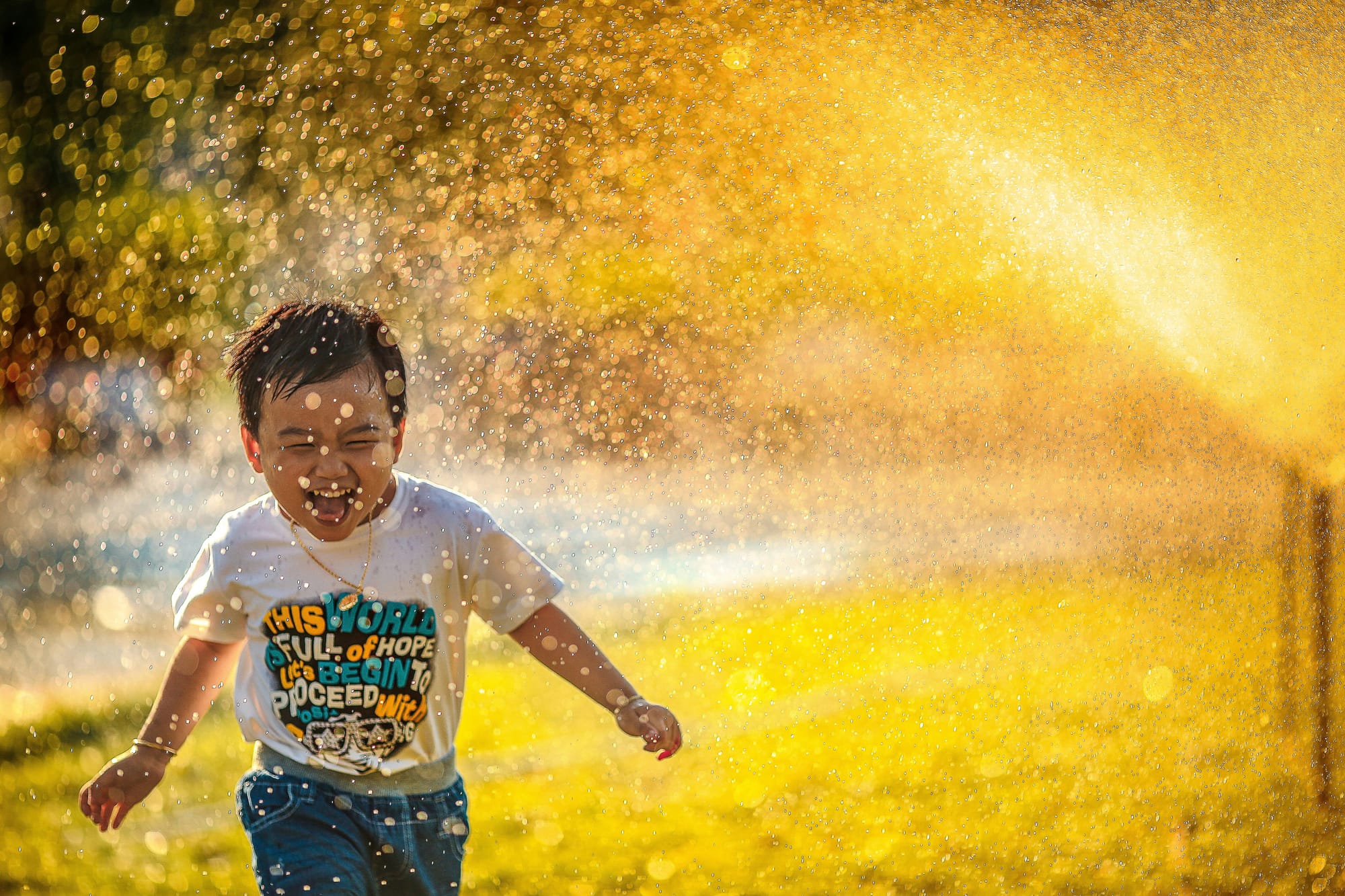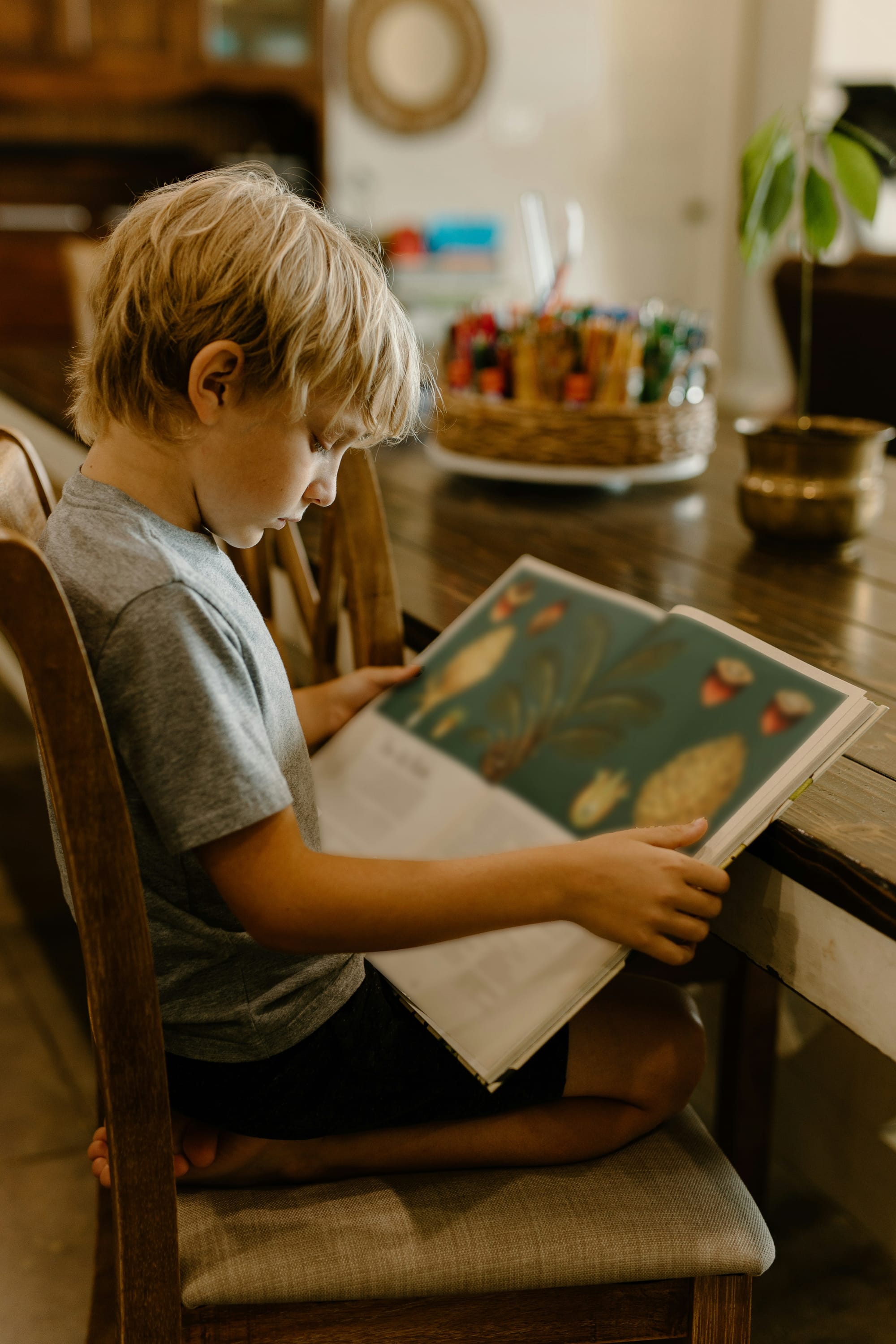Get ready for Grandma Camp! (Part 2)

In the Twin Cities, and maybe where you live, too, there is a two-week gap between the time school lets out for the summer and the time the structured summer activities, like camps and classes, start. There’s another gap at the end of the summer, the week before Labor Day. Grandpa and I are delighted to be able to fill in these times with “Grandma Camp” (so called because Grandpa is a crucial but less intensively involved partner). Last year, I sketched out our basic strategy for planning Grandma Camp. This year, as promised, I’m filling in with some more specific activities—basically, I’ll share what I’m planning, while keeping fingers crossed that it pans out. And planning is key!
Now, I’m working on Grandma Camp for a very specific group of kids: three boys ranging in age from 5 to 9. Other grandchildren will of course have different needs and interests. Some general parameters apply across the board, though. For a week of fun, the kids will need:
• Lots of physical activity and outdoor play. We’ll devote at least a third of our time to getting outside (so 3 hours for a 9-hour day, not necessarily all at one time: An AM and a PM outdoor time can work well). Any activity the kids enjoy will do—playing catch, playground play, swimming or water play, nature walks, biking, racket sports. Some activities you can join in on, others you can just observe.
• Limited or no screentime. We max out at 30 minutes—only enough to give me a little downtime when I need it. (Better for everyone if Grandma gets her downtime. And her food.) In our house, Grandpa supervises screentime.

• Some unstructured time for free choice or serendipity, because you don’t know what mood they will be in on any given day, or what great ideas they’ll want to work on. Unstructured time also frees their creativity…which in the case of some kids can get out of hand. So my plan is to leave space, but not too much space, lest they fill it with too much mess, or arguing, or…
• Special events to punctuate the week(s). I like special event in which the environment provides the stimulus: A trip to a museum, or a special playground or play park, or zoo, or…That way, rather than using my energy to come up with entertainment, I can use it to respond to their interest in the activity or, as needed, corral them into safe or respectful behavior. Switching away from providing the entertainment/stimulation, I get a mental reset. (It’s kind of like alternating between writing and doing laundry—both are productive, but they use different skills and attention so each is a break from the other.) The special events also give the kids something to look forward to, especially if they have a say in what the events are! So, in advance: For each week, each child gets to choose a special event, in which the others will participate.
• Something to occupy their minds. So many possibilities! Read. Write a story. Talk. Do science observation or experiments with kits or simple home materials. Catch and identify bugs. Figure out how to make a homemade boat go faster.
• Something to occupy their hands and encourage creativity. Art projects and craft projects suited to the children’s interests and skill levels fill this category; again, there are myriad alternatives available. Painting outdoors and crafting with popsicle sticks are a couple of our favorites. And if you don’t already have an all-purpose art kit, getting one set up can be a big help.

• End-of-the-day relaxing time. By the end of a long day of Grandma Camp, everyone needs a break. An hour or so before pick-up time, I start making sure they have had a snack, have gone to the bathroom, their stuff is gathered. Then we can spend some time reading, or playing a board game, or other quiet (non-screen) activity until pick-up time. Hug goodbye, and put your own feet up!
Of course, these categories overlap. If you go to a museum, the kids will be occupying their minds. Outdoor play is often free choice time. Minds, hands, and creativity come out just about everywhere. Still, the shifts of attention keep engagement going—preventing the dreaded mischief that comes with too much downtime.
Top tip! is to discuss the activities with the grandchild(ren), so that they have buy-in to whatever it is you jointly choose to do. For that discussion, be prepared with ideas for each category. And discuss the possibilities far enough in advance that you can arrange any necessary materials, tickets, etc., ahead of time—the preparation will avoid a lot of stress.
And, oh yes, food! For our Grandma Camp, the parents provide the grandkids’ lunch—that way, each child gets a meal tailored to their taste and their parents’ preferences. But! There has to be lots more food on hand. LOTS more food! So stock up.